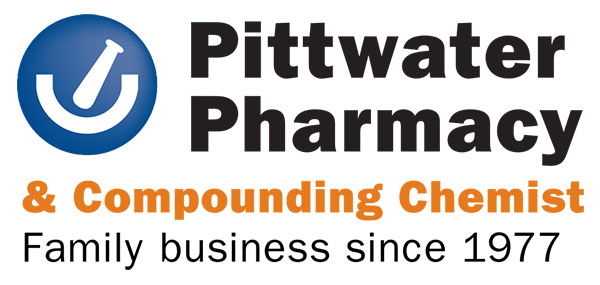Helicobacter Pylori
Helicobacter pylori (H. pylori) is a bacteria that can infect your stomach. It is a common condition that is present in more than half the people in the world.
Most people with a H. pylori infection will never have any signs or symptoms. It appears that some people may be born with more resistance to the harmful effects of H. pylori.
Symptoms include:
- An ache or burning pain in your abdomen
- Abdominal pain that’s worse when your stomach is empty
- Nausea
- Loss of appetite
- Frequent burping
- Bloating
- Unintentional weight loss
- Severe or persistent abdominal pain
- Difficulty swallowing
- Bloody or black tarry stools
- Bloody or black vomit or vomit that looks like coffee grounds
- pylori bacteria may be passed from person to person through direct contact with saliva, vomit or fecal matter. H. pylori may also be spread through contaminated food or water.
- pylori is often acquired during childhood. Risk factors for H. pylori are related to living conditions such as:
- Living in crowded conditions
- Living without a reliable supply of clean water
- Living in a developing country
- Living with someone who has a H. pylori infection.
- pylori can cause conditions such as:
- Stomach ulcers (approximately 10% of cases)
- Inflammation of the stomach lining (gastritis)
- Stomach cancer
Treatment of side effects caused by H. Pylori can be difficult. It is recommended to:
o Reduce alcohol intake
o Quit smoking.
o Use topical pain relievers (Ketoprofen cream) or paracetamol for pain rather than oral anti-inflammatories such as Nurofen and Voltaren
o Avoid caffeine
o Reduce stress
To treat H.Pylori, you will commonly need to take a combination of two or three antibiotics, together with a drug that reduces your stomach acid. Lowering stomach acid helps the antibiotics work more effectively. This treatment is sometimes referred to as triple or quadruple therapy.
Treatment may vary depending on your past medical history and if you have allergies to any of these medications.
In some cases, standard therapies are not effective due to factors such as antibiotic resistance. Doctors and specialists may then prescribe other antibiotics that must be compounded by a compounding pharmacy.
It is suggested that H. pylori is not necessarily pathogenic and can actually exist as a harmonious part of the normal microbiome of the stomach. It only causes inflammation and damage when it becomes overgrown due an imbalance in the numbers of different bacteria. In this case, supporting a healthy stomach microbiome could prevent the adverse effects of H. pylori infection.
Numerous studies have found that certain probiotics can improve outcomes in H. pylori infection. The two specific strains that have demonstrated efficacy in this area are Lactobacillus reuteri DSM 17938 and Lactobacillus reuteri ATCC PTA 6475.
These strains have been found to reduce H. pylori load and significantly reduce the gastritis and other gastrointestinal symptoms associated with the infection. In addition, this probiotic combination improves eradication rates when used alongside standard antibiotic therapies, while significantly reducing the side effects of therapy.
If you’re suffering from heartburn and reflux and you think you might have a H. pylori infection, talk to your healthcare practitioner.
